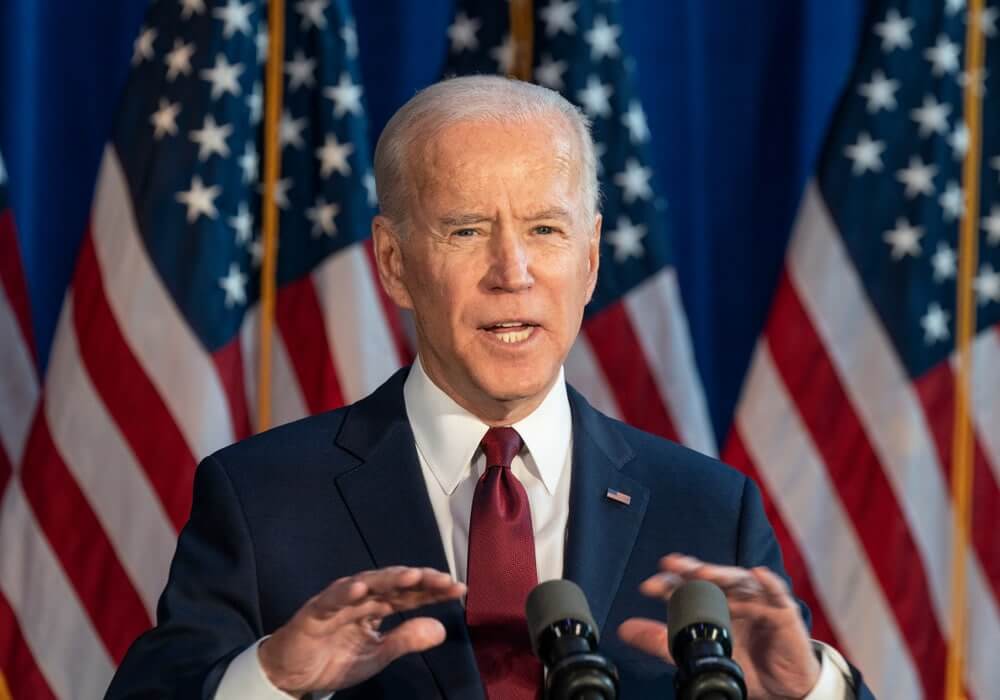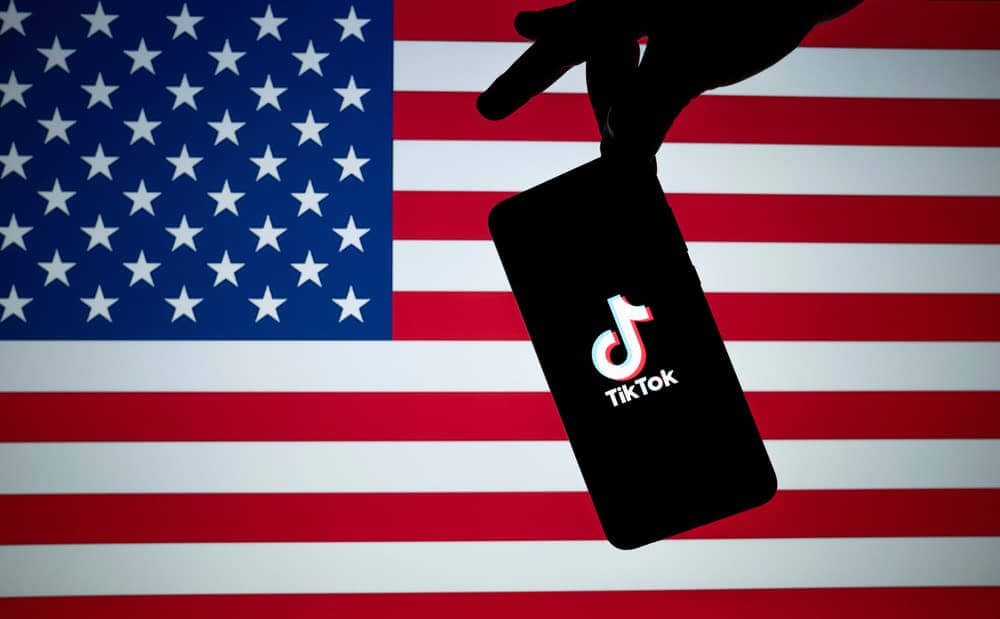
Will Biden Seek a Diplomatic Restart with China?
The president-elect of the United States, Joe Biden, inherited a tense relationship with China from the hands of the former president, Donald Trump. The open fronts range from the commercial arena, where Washington still taxes at least $370 billion on imports from the Asian giant. These taxes apply to fields ranging from technology to the military.
Moody’s study estimates that this pulse has already cost the US economy nearly 300,000 jobs. As well as, 0.3% of GDP. This occurred by increasing costs for consumers and restricting US exports due to tariffs imposed by Beijing.
According to Phase 1 of the trade agreement, signed in January 2020, the US suspended the imposition of new taxes. Moreover, it reduced some of those already implemented. In exchange, China committed to expanding purchases of goods and services from US products by 200,000 million dollars in 2020 and 2021. Until October, China bought between 24% and 58% of its goal for 2020.
Throughout his electoral campaign, Biden has already demonstrated his resistance to this agreement. However, he indicated that if China has its way, it will continue to steal both technology and property from the United States. He also said that the Asian country would continue to use subsidies. Thus, giving its state-owned companies an unfair advantage to dominate the technologies and industries of the future. It is especially true when it comes to the development of 5G networks and Artificial Intelligence.
Experts see it unlikely that already imposed tariffs be repealed

Matt Gertken, vice president of geopolitical strategy at BCA Research stated that he hopes the president-elect will seek a diplomatic restart with China. Still, it is unlikely that he will repeal President Trump’s tariffs. Instead, he will seek to use the influence that he has accumulated. In the meanwhile, he will look for a new strategic and economic dialogue with Beijing.
The dialogue with China will be conditioned by the economic measures backed by the Xi Jinping government. His commitment to undertake structural changes will remain limited. That is why Biden will be seeking the support of European allies and other liberal democracies to forge greater pressure.
Besides, the export control and the blockade of Chinese companies by the Trump Administration will extend once Biden and his team take office on January 20.
The Democrat has also expressed concern about the possible access to the data of US users the TikTok application has.
-
Support
-
Platform
-
Spread
-
Trading Instrument




